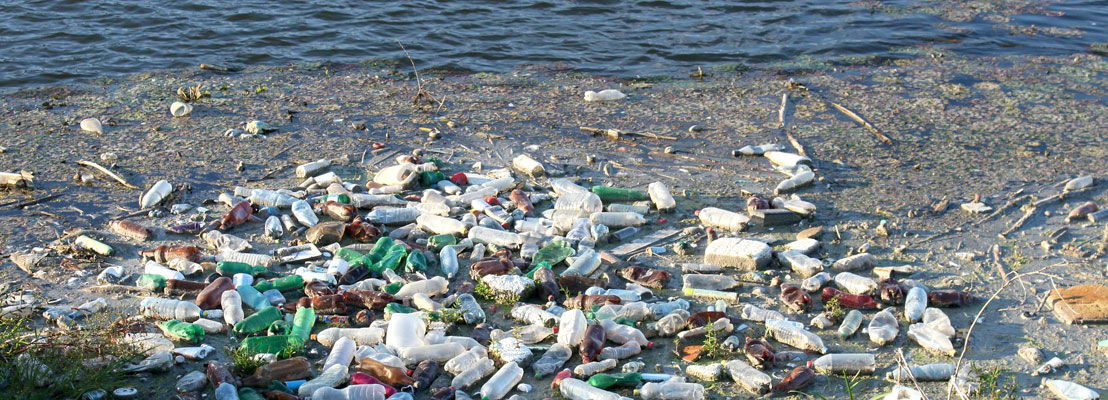OECS Journalists and Singers Enlisted In The Fight Against Ocean Pollution
Media Release
On June 8th, World Oceans Day, the OECS Commission launched two incentivised challenges to OECS-based journalists and singers to help focus attention on the escalating problem of marine pollution, particularly as it relates to plastics. The Challenges form part of the Commission’s engagement with all stakeholder groups under the project Building Resilience in the Eastern Caribbean Through a Reduction in Marine Litter (ReMLit).
Speaking on the official launch of the Challenges, Chamberlain Emmanuel, Head of the Environmental Sustainability Cluster at the OECS Commission provided context for the issue of marine pollution when he said,“
Each discarded plastic bottle, when multiplied a million times over, is disastrous for the sustainability of marine ecosystems, marine dependent livelihoods and sectors and public health, and becomes one of the biggest challenges to our very survival and the promise of a blue economy.”
Journalists are being challenged to generate stories over a 3 month period to help OECS Nationals make the connection between the problem of ocean pollution, the Circular Economy and a Blue Economy. The top three winners will receive EC$5,500, $4,500 and $3,500, respectively.
Singers also have an opportunity to use their creativity and reach to draw attention to marine pollution through the MORE THAN JUST ISLANDS video challenge. Driving that call is acclaimed Soca artiste Teddyson John.
The activity targets singers across the OECS to create a short video inspred by the campaign song, More Than Just Islands. The winner will receive paid studio time towards the production and mastering of a track, and sound production equipment prizes given to the second and third place winners.
Influential voices in Journalism, Environmental Management and Sustainable Development have endorsed the Challenges, among them are Dr. Reynold Murray, Environmental Consultant of Saint Vincent and The Grenadines. He says journalists are well placed to change the narrative wherein the Caribbean region is currently ranked among the biggest contributors to ocean plastic per capita.
Sustainable Development Specialist and a former Minister of Government in Saint Lucia, Dr. James Fletcher, recalled the significant role OECS journalists played in creating awareness in the lead up to COP 21 (United Nations Climate Change Conference, 2015).
“Our artistes and our journalists have a very important role to play in helping us to make that transition to sustainability. Your voices are credible. So in the same way in 2015 when you rallied behind our cause with our climate change message 1.5 to Stay Alive Civil Society campaign, be the catalist for change in our management of marine resources and the very necessary transition to a Circular Economy, ” Dr. Fletcher said.
The OECS Commission is a lead player in the agenda to transition the OECS Member States to a Blue Economy. Caribbean media icon Julian Rogers encouraged journalists to see the issue as a veritabe sea of opportunity for critical reporting.
“One of the things about the Blue Economy is that it gives journalists so many things to write about. How it impacts tourism, fishing, goods and services and amenities, maritime, sandmining, crude oil, natural gas and a host of issues that are not really new to us in the Caribbean. Let’s use this Challenge to learn more about the Blue Economy, and let’s share that with our Caribbean audiences, ” Mr. Rogers concluded.
Journalists and artistes who are interested in these challenges can visit the OECS Commision’s website and social media spaces for details.
The marine pollution dilemna is being exacerbated by a number of factors, prominent among which are the growing proliferation of plastics in the environment, poor waste disposal practices, limited land space for landfilling, the absence of source separation mechanisms and a twenty-year old legislative and policy framework not tailored to current realities.
The ReMLit Project is being implemented by the OECS Ocean Governance and Fisheries Programme with the support of the Government of Norway.

